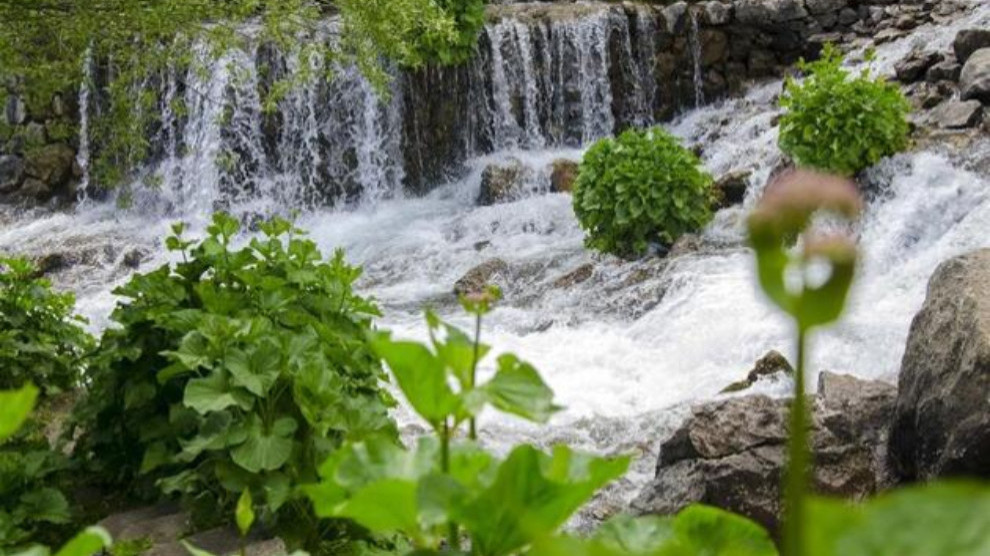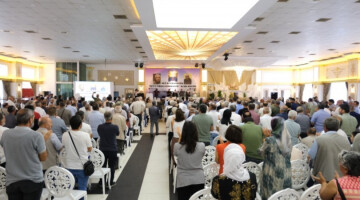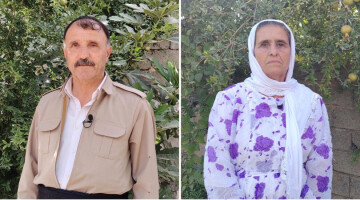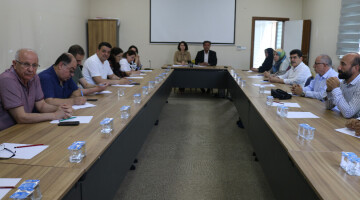The Turkish government tries with all possible methods to destroy the cultural customs in the province of Dersim. The current target of attack is the legendary Munzur Springs, which are a place of worship for the predominantly Alevi population. The area will be built over and will only be accessible as a tourist attraction for an entrance fee. There is resistance to this. Hasan Şen, Secretary General of the Federation of Dersim Associations (DEDEF), describes the commercialization of the Munzur Springs in Dersim as a continuation of the genocide of 1937/38.
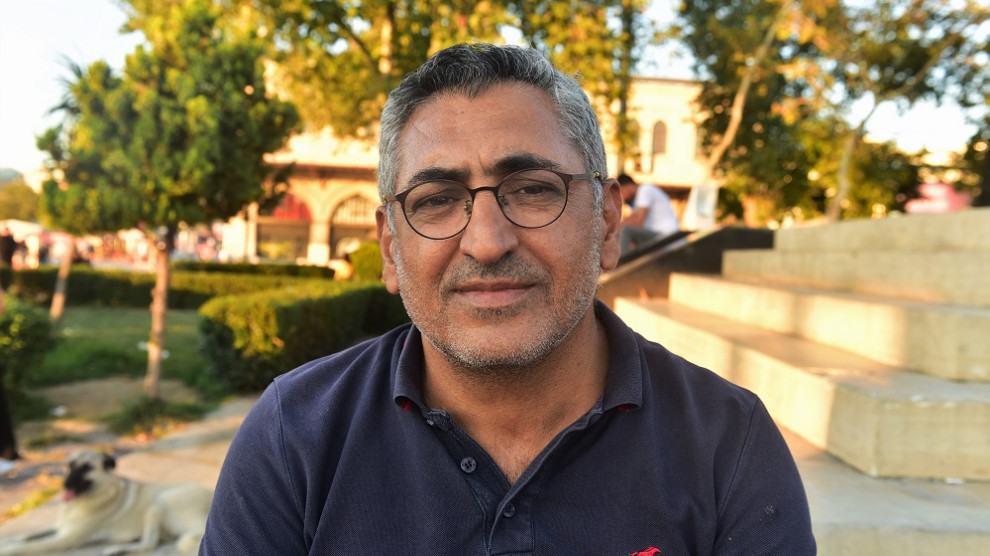
Munzur River appears in numerous legends and traditions. It was named after shepherd Munzur Baba, who, according to a legend, poured buttermilk in the present spring region in Ovacık district, thus creating the forty springs of the Munzur. Regarding the meaning of the springs, Hasan Şen says: "Just as the Al-Aqsa Mosque in Jerusalem is a place of worship for others, the Munzur Springs are a place of devotion for us. For us, devotions are not something that can only take place between four walls. Even protecting nature or a single tree is a place of worship.”
The DEDEF General Secretary points out that the Munzur Springs are the highest point in the Euphrates basin. The water flows from Dersim to Anatolia, from Syria to Iraq and from Kuwait to the Persian Gulf, according to Hasan Şen, who says: "A fish in the Gulf has a right to this water, as does the mountain goat in the source region. This right must be respected.”
According to Şen the real purpose of the commercialization project is to alienate the people of Dersim from their faith and roots. Just as the efforts to create one ethnicity, one language and one almighty ruler, there is an attempt for there to be only one faith. In the Turkish state, the aim is a society consisting of one type of person, in which everyone thinks and lives like the rulers: "That was what was wanted to be enforced in Dersim in 1938. A genocide was committed to this end at the time. Today the holy places are wanted to be changed for it. The Munzur Springs are a place of worship for us and will be turned into a commercial site.”
So far, Dersim has not been assimilated. The Turkish state is now trying to force the region under its rule by interventions against faith and cultural structure, says Hasan Şen and adds: "The people of Dersim are against this project. We don't want it and we will do everything we can to prevent it."
RELATED NEWS:

